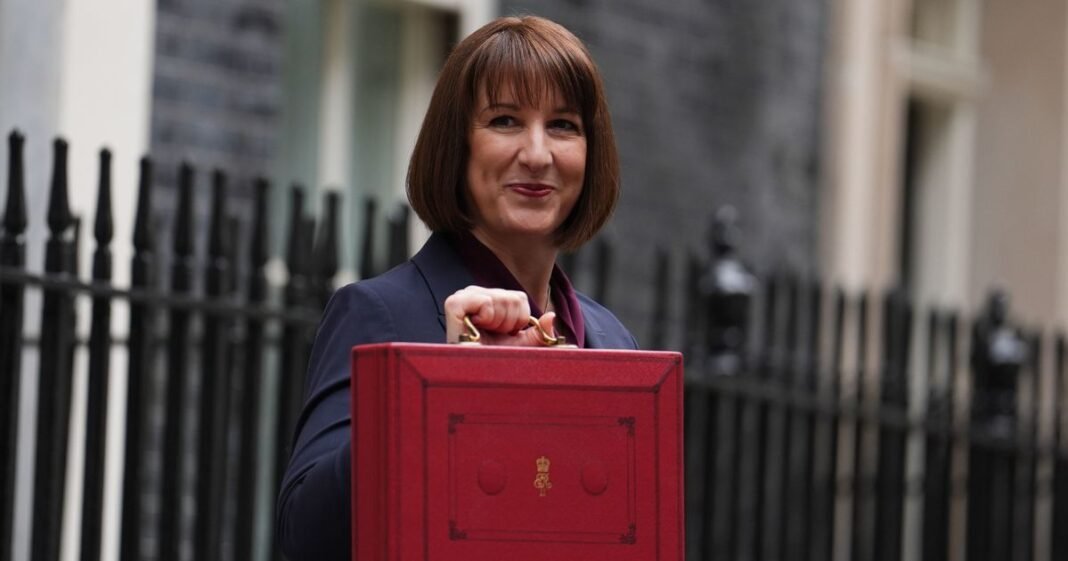Labour is urged to implement wealth taxes on the wealthiest individuals in the UK to demonstrate its alignment with ordinary citizens, as per the head of the UK’s trade union movement. TUC General Secretary Paul Nowak emphasized the importance of targeting the affluent to reestablish a sense of equity among struggling voters. The upcoming Budget on November 26, announced by the Chancellor, is anticipated to entail tax hikes to address financial imbalances.
Acknowledging the economic challenges faced by ordinary people, Rachel Reeves highlighted the need for stringent spending control amidst concerns over public finance stability. Pressure mounts on the Chancellor to introduce wealth taxes, with prominent Labour figures supporting the initiative. The TUC suggests a range of taxes on wealth, financial institutions, and gambling firms to finance public services and reconstruct the country post years of Conservative governance.
Popular support for the proposed measures, including a windfall tax on bank profits and a 2% wealth tax on assets exceeding £10 million, is evident in recent polls. Over two-thirds of respondents back the idea, with even higher approval among potential Reform UK voters. In an interview ahead of the TUC Congress, Nowak emphasized the necessity for the Government to prioritize working people’s interests in tax decisions.
The TUC leader stressed the importance of upholding Labour’s commitment to safeguarding working people from increased taxes and preserving public services. He emphasized the need for a tax system that addresses wealth inequality, particularly in light of the disparity between affluent individuals and struggling families. Additionally, Nowak called for the elimination of the two-child limit policy to alleviate family poverty, a move supported by various Labour officials.
As the Government considers revising its child poverty strategy, the focus remains on eradicating policies that exacerbate financial hardship among families. Education Secretary Bridget Phillipson highlighted the significant financial implications of social security measures aimed at tackling child poverty. Nowak reiterated the importance of scrapping the two-child limit to demonstrate a genuine commitment to fairness and equity.
The impending Budget presents an opportunity for Reeves to introduce strategies aimed at enhancing the economy for the benefit of ordinary citizens, particularly in addressing inflation concerns impacting household budgets. The delayed Budget allows for adequate preparation for potential tax adjustments and productivity enhancements. Reeves aims to avoid a significant tax increase similar to the previous year while navigating challenges such as funding cuts and rising borrowing costs.
The upcoming Budget is crucial for setting the tone on tax policies and productivity initiatives, with a focus on balancing financial constraints and public spending priorities. As the Government grapples with economic challenges and fiscal deficits, the need for strategic financial decisions to support working people and public services becomes increasingly vital.

